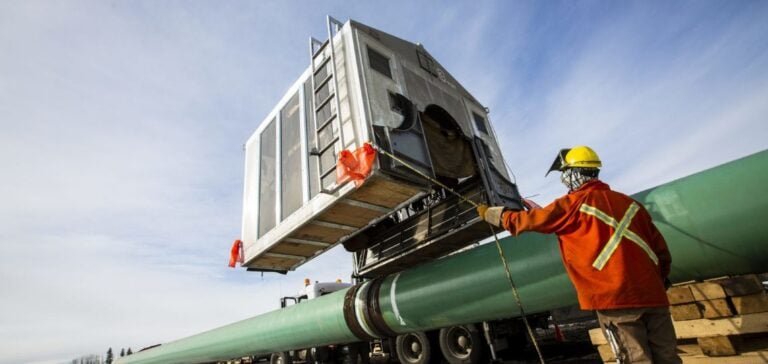The introduction of the Trans Mountain pipeline expansion in Canada could increase the flow of crude cargoes, particularly heavy crude to China, in the second quarter of 2024. This development comes as Sinochem reportedly acquired a load of Access Western Blend, a heavy, sour crude, at a discount to Brent futures on ICE. This shipment would be among the first to transit through the Canadian pipeline, marking a potential shift in the dynamics of arbitrage towards Asia, where energy demand is on the rise.
Implications for Chinese refineries
Sinochem plans to send the crude to its refineries for processing, without specifying the purchase price or the exact destination of the shipment. With combined capacities in excess of 700,000 b/d at its Shandong and Fujian refineries, this acquisition could illustrate the attractiveness of Canadian crude against existing options, despite concerns over cost compared with other heavy crudes.
Price comparison and competition
Price analysis reveals that Canadian crude, although sold at a lower discount than Venezuelan crude, could open up regular arbitrage opportunities between the US West Coast and Asia. However, its attractiveness for independent refineries, particularly those producing asphalt, remains to be assessed in the face of less costly alternatives.
Strategic change for Chinese imports
According to a Shanghai-based analyst, the pipeline could be a transformative element for China, reducing transport times and avoiding the high freight costs associated with tensions in the Red Sea. This positions Canadian crude as a serious competitor to Middle Eastern barrels, despite the current sustained availability of Iraqi medium and heavy crude.
With a total capacity of 890,000 b/d, Trans Mountain will play a key role in Canada’s direct access to international markets. Its opening could not only alter crude oil trade flows, but also encourage increased production by certain producers in the Western Canadian Sedimentary Basin, in anticipation of new market access.






















